Dr. Norman C. Rasmussen


Dr. Norm Rasmussen
Norm Rasmussen was born November 12, 1927 in Harrisburg, Pennsylvania,
and was brought up on a dairy farm near Hershey. Norm's early life was
greatly influenced by the value his mother's and grandmother's place on
education. He attended Gettysburg College, graduating with a B.A.
degree in 1950. He then pursued a graduate degree at the Massachusetts
Institute of Technology and received a Ph.D. degree in 1956.
Following graduation, Dr. Rasmussen was given an Instructor position in
the Department of Physics and has remained at MIT ever since. He served
in various capacities at MIT, including the Head of the Department of
Nuclear Engineering from 1975-81 and is currently Professor Emeritus.
Dr. Rasmussen's early career included the study of the interaction of
radiation with matter and he contributed to the database of nuclear
cross-sections and reactor analysis. In the 1970's, the United States
Atomic Energy Commission appointed Dr. Rasmussen to head a project to
examine nuclear reactor safety. The task for Dr. Rasmussen was to
replace the AEC's "maximum credible accident" approach to safety
analysis.
The solution that Dr. Rasmussen developed to address safety analysis was
Probabilistic Risk Assessment (PRA). PRA revolutionized not only safety
analysis, but, also quantified, for the first time, accident risk. "The
Rasmussen Report" was published by the AEC in 1974 as WASH-1400. It
provided the intellectual foundation for a rational look at reactor
safety and it continues to influence the development and debate of
nuclear power.
He has serve a variety of government and industrial committees
overseeing policy and research in the nuclear industry. For his service
and contributions Dr. Rasmussen has received numerous honors and awards
including the Enrico Fermi Award from the U. S. Department of Energy and
Distinguish Acheivement awards from the American Nuclear Society, the
Nuclear Regulatory Commisssion, the Health Physic Society, and the
Society for Risk Analysis.
[Paraphrased from material provided by the Department of Nuclear Engineering at the Massachusetts Institute of Technology]



